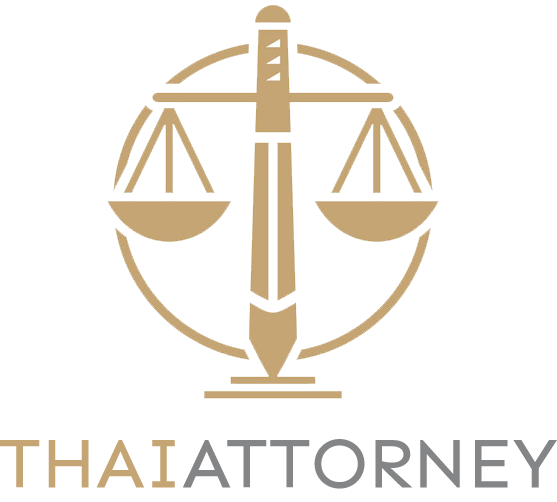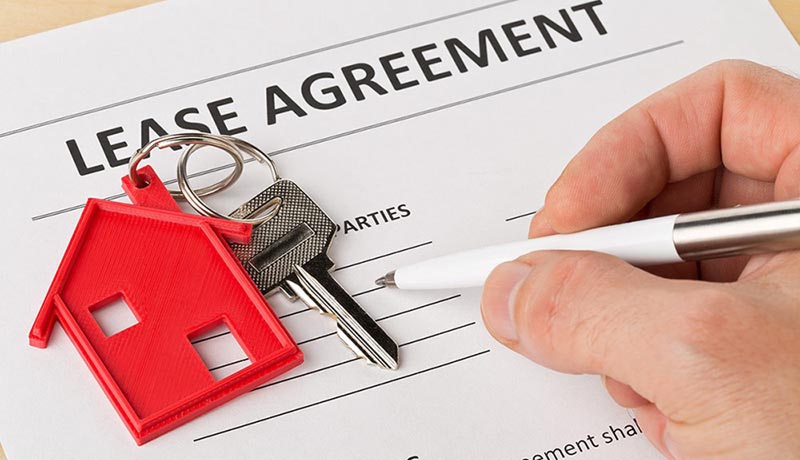Property Leasehold in Thailand. Leasehold property is a common option for foreigners looking to control property in Thailand, especially since direct freehold land ownership is restricted for non-Thai nationals. Under Thai law, leasehold agreements allow the lessee to lease property, typically for 30 years, with options for renewal.
1. What is Leasehold Property?
Leasehold is a form of land tenure where an individual, known as the lessee, enters into a lease agreement with the property owner, the lessor, for a specified period, usually 30 years. Thai law allows lease extensions, but these extensions are not guaranteed and require a new agreement between the parties. In practice, foreigners often choose leasehold arrangements because foreigners cannot own land in Thailand, although they can own structures (such as condominiums) on leased land.
2. Lease Term and Renewal
a) Initial Lease Period
The maximum lease term allowed under Thai law is 30 years, and this is the most common duration for leasehold agreements. The lease agreement may include a clause for an extension, typically for another 30 years, but this extension is not automatic and must be agreed upon by the property owner.
b) Renewal Terms
While many lease agreements promise renewals of an additional 30 or 60 years, these are often not enforceable under Thai law unless explicitly agreed upon when the lease is renewed. This uncertainty around lease renewals makes it crucial for leaseholders to be fully aware of the lease’s terms.
3. Transferability and Inheritance
Leasehold rights can generally be transferred or inherited, provided the lessor agrees. However, lease agreements must explicitly state that the lessee can transfer the lease or pass it on to heirs; otherwise, the leasehold rights may terminate upon the death of the lessee. Transfers of leases often require the lessor’s consent and must be registered with the Land Department to be legally binding.
4. Registration Requirements
Leasehold agreements must be registered with the Thai Land Department for them to be valid for any term exceeding three years. Unregistered lease agreements exceeding three years may only be enforceable for three years, so it is essential that the lease is properly registered to ensure legal protection throughout its full term.
5. Benefits and Risks of Leasehold
a) Benefits
- Legal Framework for Foreigners: Leasehold provides an option for foreigners to control property in Thailand without owning land.
- Renewal Potential: While lease terms can be limited, some agreements offer renewal options that extend property rights beyond the initial 30 years.
b) Risks
- Renewal Uncertainty: Renewal of the lease at the end of the initial term is not guaranteed.
- Transfer and Inheritance Limitations: Lease terms often restrict transfers, and inheritance rights are subject to agreement with the lessor.
6. Alternatives to Leasehold
Foreigners looking for alternatives to leasehold may explore the option of purchasing condominiums. Foreigners are allowed to own up to 49% of the total saleable area of a condominium building under Thai law. Another alternative is setting up a Thai company that can hold land ownership, but this approach has legal and regulatory complexities, including strict compliance with the Foreign Business Act.
Conclusion
Leasehold property in Thailand provides a viable solution for foreigners who wish to invest in Thai real estate while navigating the legal restrictions on land ownership. The 30-year lease term, coupled with possible renewals, gives lessees access to land use, but it’s essential to understand the terms, risks, and renewal conditions. Proper registration of leasehold agreements with the Land Department ensures enforceability, giving leaseholders security during the agreed lease period.

